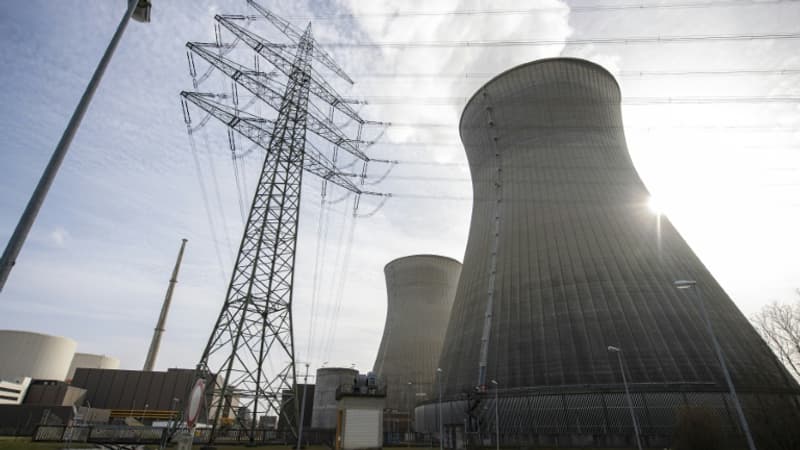Germany will depend “increasingly” on French nuclear energy to meet its needs, despite Berlin’s opposition to this source of energy, said Thursday the French Minister for Energy Transition, Agnès Pannier-Runacher. “Germany risks becoming increasingly dependent on nuclear electricity from its neighbours,” she said in an interview with the German business daily Handelsblatt.
Berlin permanently closed its last nuclear reactors last April, ten years after Angela Merkel’s decision to accelerate the departure of the atom after the Fukushima disaster. At the same time, the country once again became a net importer of electricity, reversing the trend of previous months when it exported its electricity, particularly to France, where nuclear power plants were undergoing maintenance.
One third of Germany’s current electricity comes from nuclear power
Currently, a third of imported electricity comes from nuclear power, much of it French, according to energy think tank Agora Energiewende. According to specialists, it is difficult to say if and to what extent this development is related to the closure of the last three German power plants, which accounted for 6% of the electricity produced in Germany. Germany has already been a net importer of electricity on other occasions in the past.
On the German side, it is estimated that this reversal is linked to the current drop in energy prices, within the framework of the European market where electricity is bought and sold. “It happens that importing is cheaper than producing,” the head of the Federal Network Agency, Klaus Müller, recently told the press. But for Agnès Pannier-Runacher, “there is something incoherent in massively importing French nuclear electricity and at the same time opposing any European Union text and legislation that recognizes the added value of this form of carbon-free electricity,” he added. .
Division on the classification of the atom as renewable energy
For months, Paris and Berlin have been divided on the role of nuclear power in the European electricity market, whose reform contours are being discussed by the 27. France advocates the classification of the atom as a renewable energy, this to which Germany is opposed. The minister said that she found it “unfortunate that Germany is postponing” these negotiations. She also pointed to Berlin’s plans to build new gas-fired power plants to offset the intermittency of renewables.
Germany’s ruling coalition, led by Social Democrat Olaf Scholz, has set itself the goal of 80% renewable electricity in its energy mix by 2030. This ratio rose to 48.3% in 2022.
Source: BFM TV


